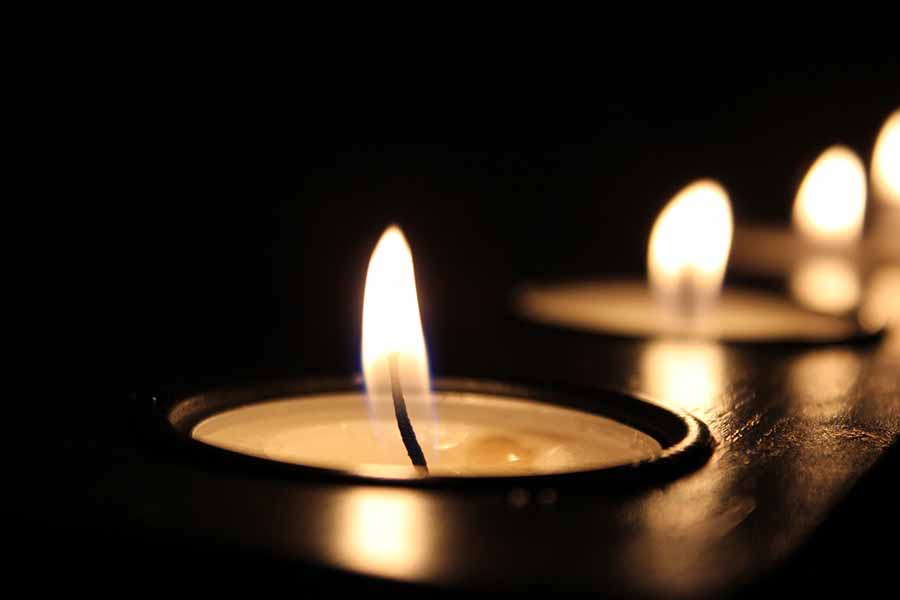"It seemed to be a necessary ritual that he should prepare himself for sleep by meditating under the solemnity of the night sky... a mysterious transaction between the infinity of the soul and the infinity of the universe." ~ Victor Hugo
Rituals, both religious and secular have been part of human cultures the world over, since time immemorial. Rituals differ from routines in that they have an intentionality, meaning and deep internal motivation that is not characteristic of daily routines. As defined by psychologists, a ritual is “a predefined sequence of symbolic actions often characterized by formality and repetition that lacks direct instrumental purpose”. These three components: sequential, formal and repetitive behaviors imbued with symbolism and with no specific, apparent purpose have been identified as the core elements of rituals. The final element is best understood by contrasting the pre-performance stretching done by an athlete, with, for example, a fixed number bounces of a tennis ball before serving (Serena Williams) or the wearing of a special piece of clothing (Michael Jordan).

Although the purpose of the ritual may on one hand have no apparent connection to the ensuing activity, it has an intentionality that influences mindset and other outcomes such as focus and attention, anxiety, and a sense of control.
Ritual may be part of everyday life or used at special times. When the anthropologist, Bronislaw Malinowski, visited the Trobriand Islands in Papua New Guinea in the early 20th century, he noted that the fishermen had developed elaborate rituals for setting out to into the Pacific Ocean. They painted their canoes with red, black and white paint, chanted and hit their canoes with sticks. However, when fishing in the calm nearby lagoon, these rituals were absent. Although, ideas of magic and superstition are often attached to rituals, recent research documents measurable impacts of rituals on anxiety and performance. The belief that a sequence of specific behaviors constitutes a ritual is crucial for achieving the desired outcomes.
Through lack of reflection and by limiting our imaginations are we perhaps missing opportunities to exert a greater influence over our mindsets and the way that we perform?
As physicians, we have routines in our personal and professional lives that may ground us and create a sense of coherence and predictability. In fact, some of our routines may even be rituals, though we may not have recognized them as such. Using our powers of invention and creativity, what could we introduce into our routines that would change them into rituals of inspiration and impact?
I recently introduced reading from Pablo Neruda: Selected Poems into my morning ritual. I chose the Bilingual Edition. I find that reading poetry cultivates my focus, attention, creativity and offers an experience of beauty. By also reading the Spanish version (even though my Spanish is rudimentary), I find myself captivated by the cadence, flow and sound of Neruda’s native tongue. Although, most words are unfamiliar, I experience a sense of anticipation and exploration as I learn a new word or phrase. This is a way to prepare me for opportunity that may lie just around the corner.
Yet, introducing novel ideas is not essential to metamorphose a routine into a ritual. Simply by bringing intentionality, awareness, mindfulness and belief to our regular routines we can change our mindsets, transforming the commonplace into the extraordinary.
